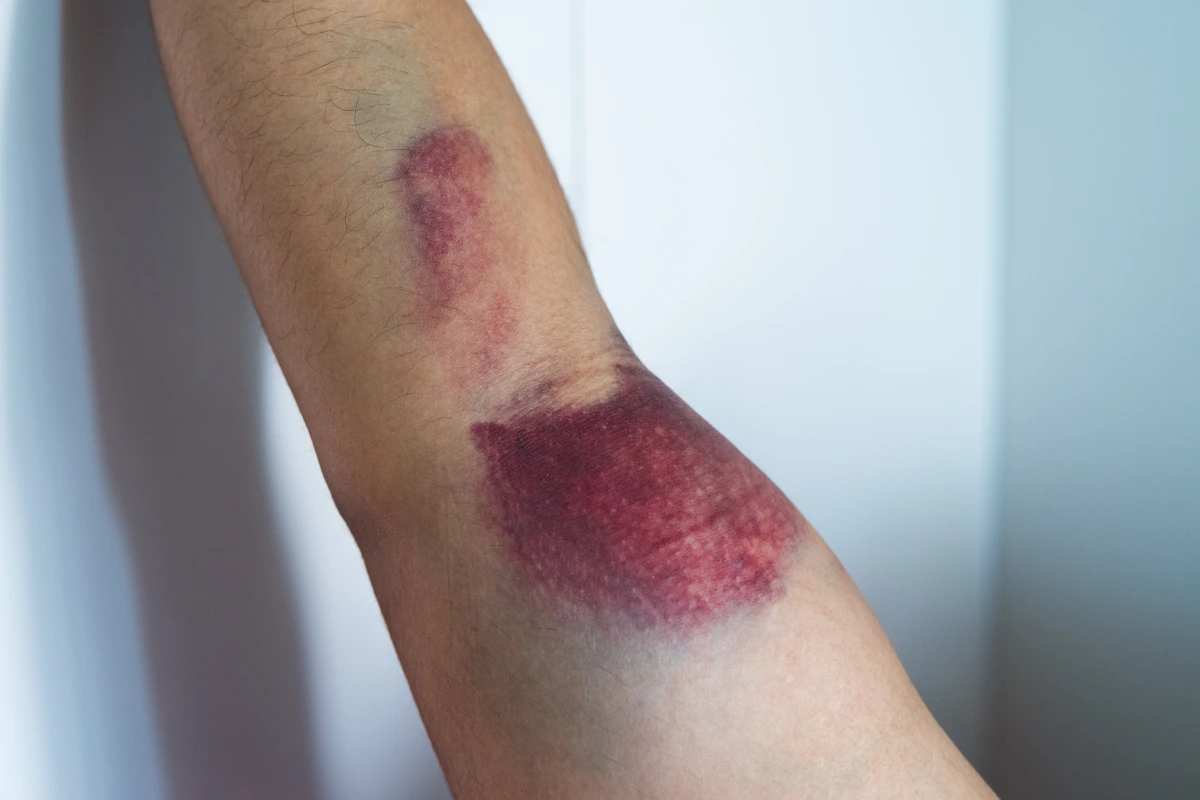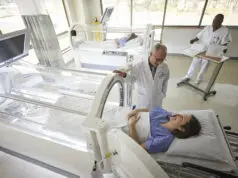
Car accidents can be harrowing experiences, often resulting in immediate, visible injuries like cuts, bruises, or fractures. However, some injuries are not as apparent and can quietly wreak havoc on your health if left untreated.
Among these are soft tissue injuries, which affect muscles, tendons, and ligaments. Despite their often invisible nature, these injuries can lead to chronic pain, reduced mobility, and other long-term health issues. Ignoring them can be a grave mistake.
For anyone involved in an accident, seeking advice from a car accident law firm is crucial to understand your rights and the necessary steps to protect your health and legal interests.
Understanding Soft Tissue Injuries

Soft tissue injuries encompass any damage to muscles, ligaments, and tendons. They can range from minor strains and sprains to severe tears and ruptures. These injuries often occur due to the sudden impact or jarring movements experienced during a car accident.
Whiplash is one of the most common types of soft tissue injury, resulting from the rapid back-and-forth motion of the neck. Other examples include contusions, tendinitis, and bursitis.
Unlike broken bones or open wounds, soft tissue injuries may not be immediately noticeable. The adrenaline rush during and after an accident can mask pain, making you feel relatively fine even if you’re not. Symptoms such as swelling, stiffness, and bruising may only develop hours or even days later.
The Consequences of Ignoring Soft Tissue Injuries
Ignoring soft tissue injuries can lead to serious complications. What may seem like a minor ache can escalate into chronic pain, long-term disability, and even permanent damage.
Without proper treatment, scar tissue can form, causing further stiffness and pain. Additionally, untreated injuries can lead to compensatory movements, where the body adjusts to avoid pain, potentially causing other areas to become strained or injured.
Furthermore, if these injuries are not documented and treated promptly, it can complicate any legal claims related to the accident. Insurance companies might argue that the injuries were not caused by the accident, reducing or denying compensation.
Symptoms to Watch For

Soft tissue injuries can manifest in various ways. Common symptoms include pain, swelling, bruising, and reduced range of motion in the affected area. In the case of whiplash, you might experience neck pain, headaches, dizziness, and even cognitive difficulties. It’s essential to pay attention to these signs, even if they appear minor at first. Early diagnosis and treatment can prevent long-term complications.
If you notice persistent or worsening symptoms after a car accident, it’s crucial to seek medical attention immediately. Doctors can conduct thorough examinations, including imaging tests like X-rays or MRIs, to assess the extent of your injuries and recommend appropriate treatment.
The Importance of Immediate Medical Attention
After a car accident, it’s common to feel overwhelmed and anxious. However, prioritizing a medical evaluation is essential, even if you believe your injuries are minor. Immediate medical attention ensures that any soft tissue injuries are identified and treated promptly, reducing the risk of chronic issues.
Doctors may recommend a variety of treatments, including rest, ice, compression, and elevation (RICE), physical therapy, medication for pain and inflammation, and in severe cases, surgery. Following medical advice and adhering to treatment plans can significantly improve recovery outcomes.
The Role of Physical Therapy

Physical therapy plays a crucial role in recovering from soft tissue injuries. Therapists can design personalized exercise programs to strengthen affected areas, improve flexibility, and reduce pain. These exercises can also help prevent the formation of scar tissue, ensuring better long-term mobility.
Additionally, physical therapists can provide manual therapy techniques, such as massage and joint mobilization, to alleviate pain and improve function. They can also educate you on proper body mechanics and posture, reducing the risk of re-injury.
Regular sessions with a physical therapist can accelerate recovery and help you return to your normal activities more quickly. It’s important to follow through with these treatments, even if progress seems slow, as consistent therapy can yield significant improvements over time.
Legal Considerations
Ignoring soft tissue injuries can have legal ramifications. If you plan to file a claim for compensation, either through insurance or a personal injury lawsuit, it’s crucial to have documented evidence of your injuries and their impact on your life. Failing to seek prompt medical treatment can weaken your case, as insurers or opposing legal teams may argue that your injuries are not serious or are unrelated to the accident.
The Psychological Impact

Soft tissue injuries can also take a toll on your mental health. Chronic pain and reduced mobility can lead to frustration, anxiety, and depression. The stress of dealing with medical treatments, financial pressures, and legal issues can exacerbate these feelings.
Addressing the psychological impact of soft tissue injuries is just as important as treating the physical symptoms. Seeking support from mental health professionals, such as psychologists or counselors, can provide coping strategies and emotional support. Support groups, either in-person or online, can also offer a sense of community and understanding from others who are experiencing similar challenges.
Preventing Further Injury
Once you’ve sustained a soft tissue injury, it’s crucial to take steps to prevent further damage. This includes following your doctor’s recommendations, attending all medical and therapy appointments, and avoiding activities that could exacerbate your injury.
Proper self-care, such as maintaining a healthy diet, staying hydrated, and getting adequate rest, can support your body’s healing process. It’s also important to listen to your body and avoid pushing yourself too hard, even if you’re eager to return to your normal routine.
Education on proper body mechanics and ergonomics can also be beneficial. Learning how to move safely and use assistive devices, if necessary, can reduce the risk of re-injury and promote better long-term health.
Conclusion
Soft tissue injuries, though often overlooked, can have serious and lasting impacts if ignored after a car accident. Prompt medical attention, appropriate treatment, and legal guidance are essential to ensure a full recovery and protect your rights. By addressing these injuries early and comprehensively, you can avoid chronic pain, disability, and the complications of untreated injuries.













